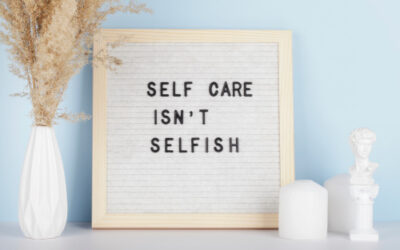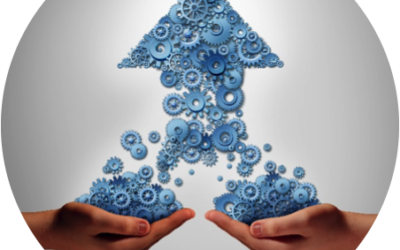The Social Sector often uses basic tools, like hammers and nails to change the world. Instead, we need power tools. Our weekly blog, Social TrendSpotter provides you with the latest trends and ideas within the social sector. It merges current thinking with the edge of innovation to inspire, to motivate and to take action so we can all ultimately create a better sector. Social TrendSpotter includes original analysis, but also highlights the latest sector-wide thinking into a user-friendly resource where social sector professionals and students alike can draw inspiration, share ideas and develop new thinking on best practices.

We love when the best “Social TrendSpotters” – you – share your experiences, observations and suggestions with us. Share your ideas here, and follow us on Facebook (@socialimpactarchitects), LinkedIn (@social-impact-architects),Twitter (@socialtrendspot) or Instagram (@socialtrendspot) for our latest posts and other insights.
How Fatherhood Programs Are Helping the Next Generation
When I visited South Africa, Kruger National Park had an exploding elephant population. They had to move many of elephants to a nearby wildlife refuge, but they only had equipment to move the smaller ones – the females and the young. They couldn’t move the adult males...
Tips for Knocking Your Next Staff or Board Retreat Out of the Ballpark
Summer has officially started and with it comes vacations, cookouts and baseball games – and your nonprofit’s retreat. Retreats have become commonplace in the sector, but sometimes CEOs and board chairs find orchestrating a productive retreat for their organization...
Death by Meeting? Tips to Energize Your Next Nonprofit Meeting or Retreat
Dave Barry said it best: “If you had to identify, in one word, the reason why the human race has not achieved, and never will achieve, its full potential, that word would be ‘meetings.’” Yet, meetings (and now virtual meetings and calls) remain an effective tool to...
What Nike Can Teach Us about Nonprofit Values, Change Management and Trends
Summer brings us blockbuster movies, and this summer is no different. I for one cannot wait. One recent movie that I really enjoyed was “Air,” which tells the story of the rise of Nike and how its basketball division landed Michael Jordan as its ambassador. (It’s now...
Keys to Major Life Changes from Harvard & Ted Lasso
I have been traveling the country speaking about nonprofit megatrends and one thing is clear: the pace of change is leaving everyone overwhelmed and a bit disconnected. We talk a lot about change, but not enough about the other side of the coin: transformation. Change...
Which Nonprofit Strategic Plan Is Right for You?
While there are numerous books and websites on strategic planning, the process of developing a plan can seem prescriptive. But it shouldn’t be that way. Strategy for any organization can be tailored to set forth the ways in which an organization will negotiate its...
Four Self-Care Strategies for Nonprofit Leaders
May is Mental Health Awareness Month. Every year, nonprofits and government agencies use this month to fight stigma, educate the public about the support available and advocate for policies that advance mental health and well-being. However, it is equally important...
Addressing Nonprofit Challenges to Avoid Organizational Decline or Failure
Every nonprofit right now is feeling a bit unsteady. We have gone through a collective earthquake – with the initial shock and many aftershocks of the pandemic, which now include inflation and an economic downturn. It is natural to feel a bit “wobbly” in the face of...
Improve Your Nonprofit Financial Management with our Financial Sustainability Check-up
Tax Day was Tuesday, and, like it or not, it gets everyone, including social sector organizations, thinking deeply about finances. With the economic downturn and inflation, I spoke with one of our long-term partners, John Gillespie of Charles River CFO, about these...









